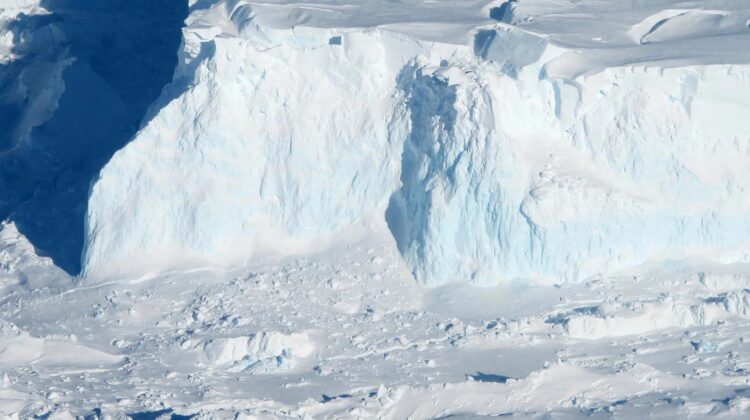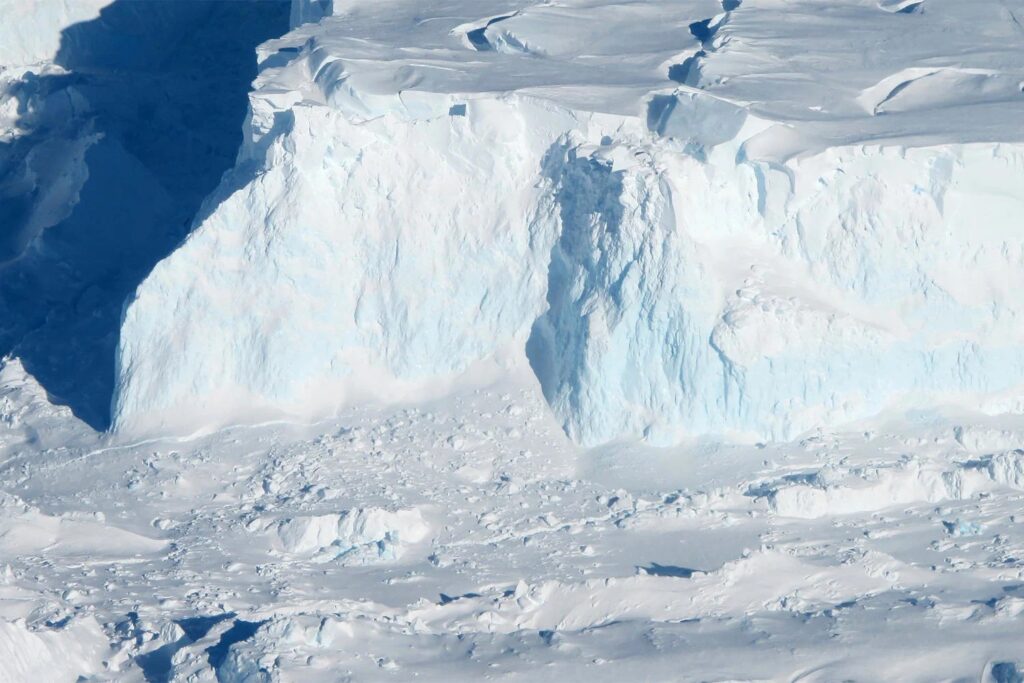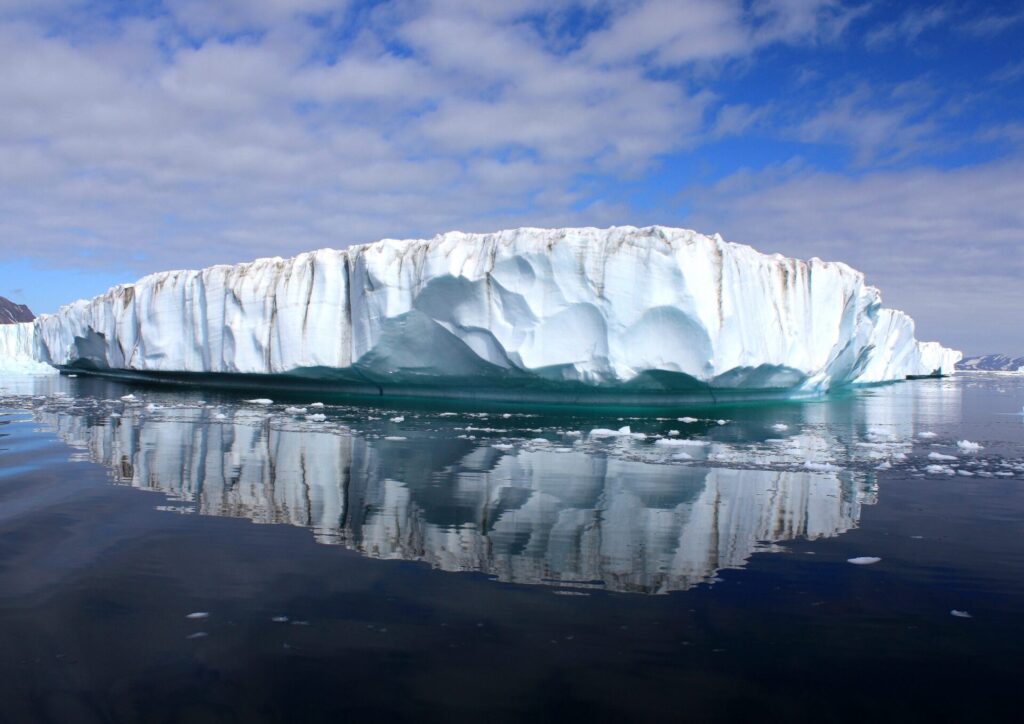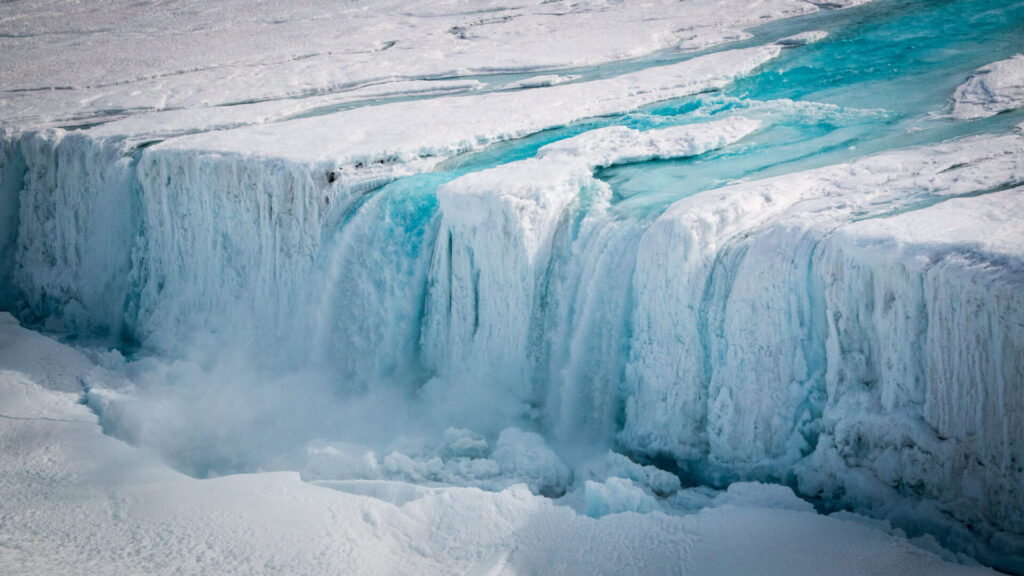
Top scientists are sounding the alarm, emphasizing that Earth’s ice sheets are melting at an accelerated pace, surpassing earlier predictions. The International Cryosphere Climate Initiative (ICCI), a network of policy experts and researchers, released a report urging world leaders to escalate climate ambitions to avert a disastrous surge in sea levels. As leaders prepare for the United Nations’ COP28 climate conference later this month, the report warns that if global average temperatures stabilize at 2 degrees Celsius above the preindustrial baseline, the planet could face more than 40 feet of sea-level rise, reshaping societies across the globe over centuries.
The collapse of ice sheets and shelves has been a focal point of uncertainty within the climate science community. Recent research indicates that dangerous tipping points are closer than anticipated, reducing Earth’s carbon budget and heightening concerns. The report emphasizes that humanity might be rapidly approaching temperature thresholds, and the triggers for swift ice loss may be lower than estimated just a few years ago.

Rob DeConto, director of the University of Massachusetts Amherst School of Earth & Sustainability and a report author, warns that without a dramatic acceleration in climate action, humanity could face sea-level rise rates beyond the realm of adaptability.
A 2-degree Celsius temperature increase could force millions to flee coastal communities, disrupting societies and displacing populations. The ICCI report, compiled by over 60 scientists, many with previous contributions to the Intergovernmental Panel on Climate Change (IPCC), highlights the urgency of addressing the impact on ice sheets, which were not fully considered in the IPCC’s 2021 report.
New studies suggest that melting ice sheets, particularly in Greenland and West Antarctica, could trigger long-term, inexorable sea-level rise even if air temperatures later decrease. The report also addresses the risks posed by declining mountain glacier mass, permafrost releasing methane, and polar waters acidifying, threatening marine life.

While global leaders agreed in 2015 to limit warming to well below 2 degrees Celsius and aim for 1.5 degrees, many nations struggle to reduce reliance on fossil fuels. A 2022 U.N. report indicates that the planet is on track to warm about 2.8 degrees Celsius above preindustrial times by 2100, far exceeding the target.
Recent concerning signs include the lowest-ever maximum of Antarctic sea ice, Swiss glaciers losing 10% of their mass in two years, and Greenland experiencing the second-highest surface melt in recorded history. Scientists suggest the collapse of the West Antarctic Ice Sheet might be inevitable, and Greenland’s glaciers are melting at five times the rate of two decades ago.

The ICCI report aims to influence negotiations at COP28 in Dubai from Nov. 30 to Dec. 12, emphasizing the urgent need for global cooperation to address the escalating climate crisis. The scientists underscore that commitments to limit global temperature increases are imperative to safeguard the planet and its inhabitants from irreversible consequences.

Leave a Reply